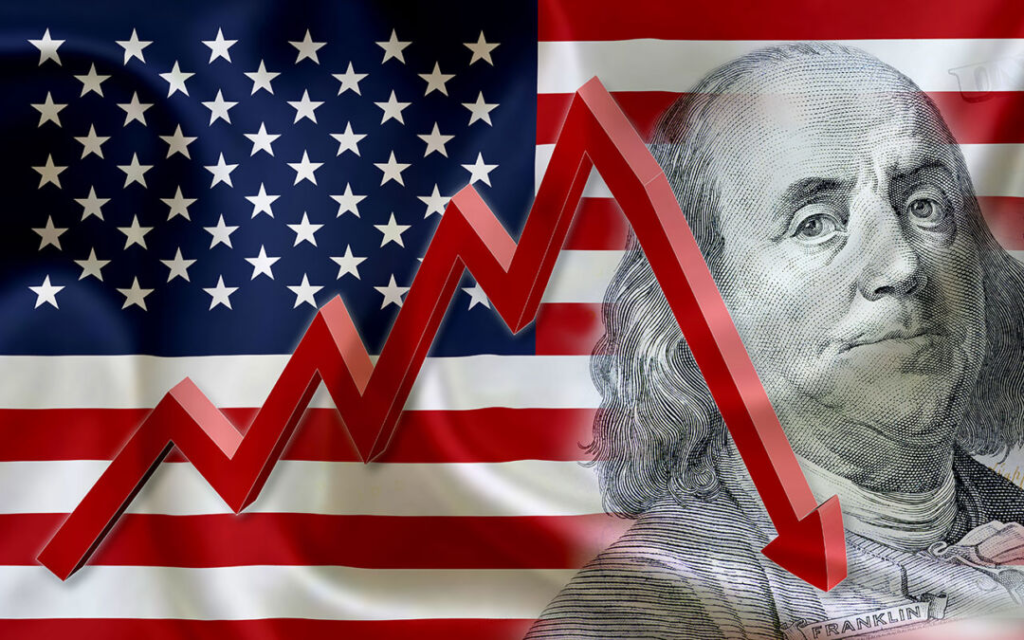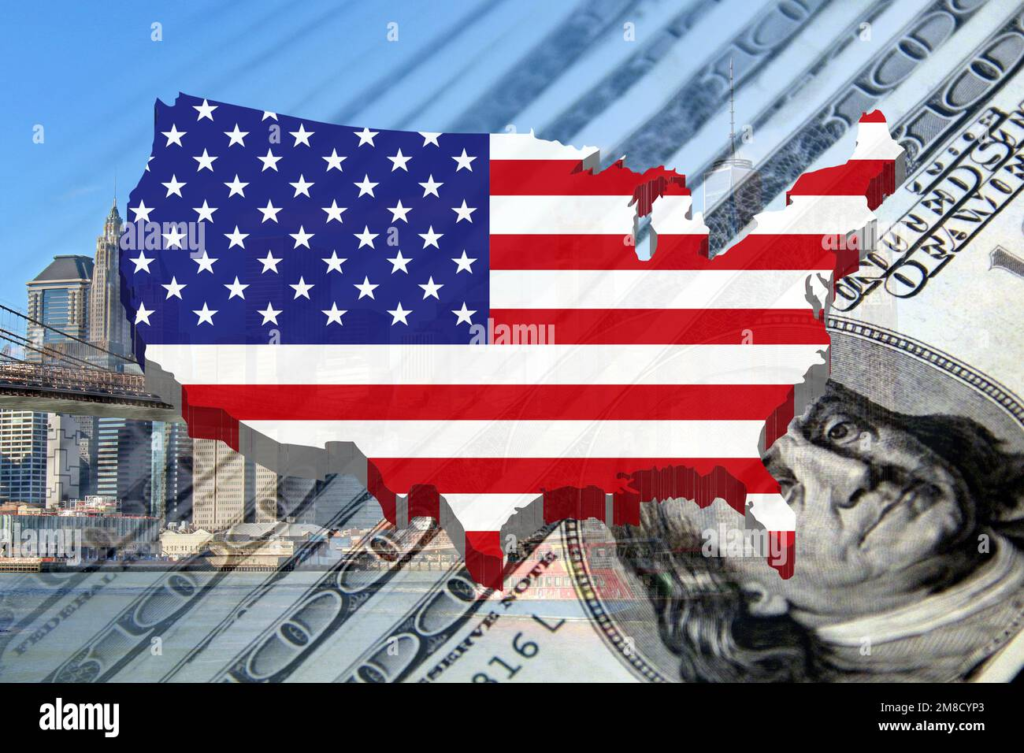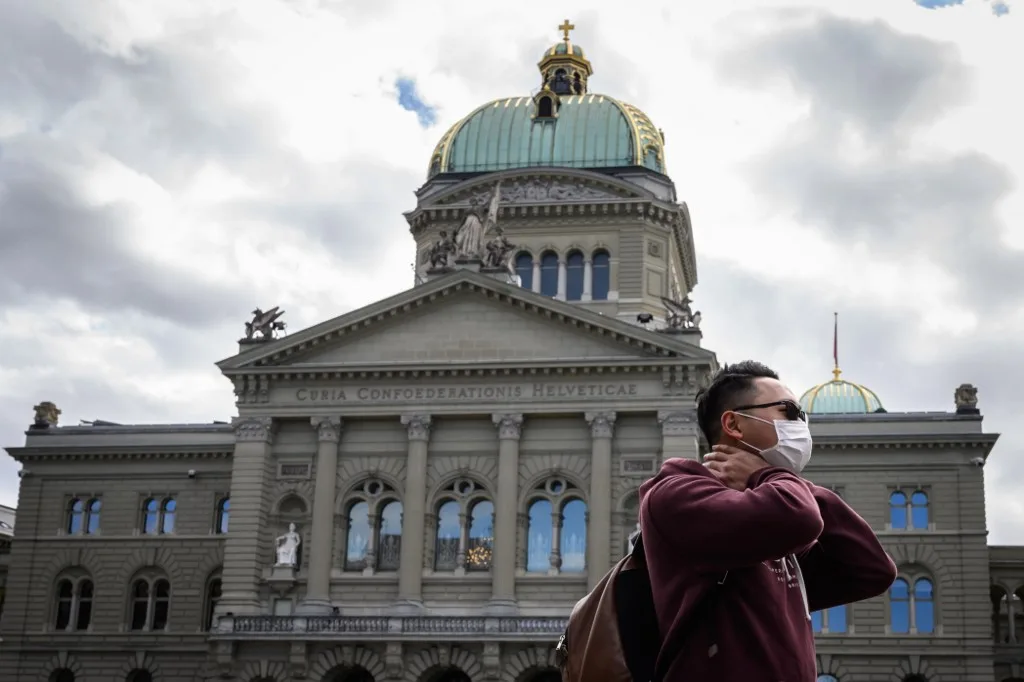The travel industry in the America is slowing down—and it could cost the economy billions of dollars. As fewer people book flights, hotel rooms, and tours, economists are raising alarms about the impact this trend may have on jobs, business profits, and overall growth.

According to recent data from the U.S. Travel Association, both domestic and international travel demand have fallen sharply in 2025. Experts say this downturn could be a major blow to an industry that helped fuel the post-pandemic recovery.
Travel Takes a Hit in 2025
So far this year, hotel bookings are down by 12%, and airline passenger numbers have dropped 9% compared to early 2024. These figures suggest that travel is no longer a priority for many Americans—and that fewer tourists are visiting the U.S. from abroad.
There are several reasons for this drop. High prices, inflation, and changes in work culture have all played a role. Travel costs remain high, while many people are saving money due to rising costs of rent, groceries, and health care.
Economic Impact Could Be Huge
The U.S. economy has always relied on the travel sector. In 2019, travel spending generated nearly $2 trillion and supported almost 9 million jobs. But a new report from Oxford Economics warns that the country could lose up to $140 billion in 2025 if the current travel trend continues.
This would affect not just airlines and hotels but also local restaurants, shops, and transportation services that rely on tourists and business travelers. In short, the damage could be felt far beyond just the tourism industry.
What’s Causing the Drop in Travel Demand?
Here are some of the key reasons why travel demand is weakening:
- High Prices: Airfares and hotel rates are still high. Many travelers are choosing to stay home or take shorter trips.
- Inflation Pressure: With the cost of living increasing, people are spending less on non-essentials like travel.
- Remote Work: Businesses continue to hold meetings online rather than in person, reducing business travel.
- Global Uncertainty: Delays in visa processing and concerns about global conflicts have also affected international travel to the U.S.
Tourism Hotspots Feel the Pain
Popular travel states like Florida, Nevada, and California are already feeling the pressure. Las Vegas, for example, has seen a 15% drop in visitors in early 2025. Orlando’s famous theme parks also report lower-than-expected attendance.

According to the U.S. Bureau of Economic Analysis, tourism-related jobs in these states have dropped by about 6%, with many hotels and attractions reducing staff to cut costs.
Airlines and Hotels Struggle to Adapt
Major U.S. airlines such as Delta and United have already reduced their summer flight schedules. They say fewer people are booking long-distance travel.
Meanwhile, hotel chains like Hilton and Marriott are offering major discounts and loyalty perks in a bid to boost bookings. But for many, it’s still not enough to fill empty rooms.
“We’re seeing shorter trips and last-minute bookings,” said one hotel manager in New York. “People are hesitant to commit months in advance.”
Campaigns to Bring Back Tourists
To fight back, many states and cities are investing in tourism campaigns. Visit California and Discover Puerto Rico have launched new digital ads encouraging affordable and flexible travel.
At the same time, the TSA has upgraded airport tech to reduce wait times, hoping to improve the overall travel experience.

Companies like Expedia and Airbnb are also launching tools that let travelers customize trips, delay payments, or cancel for free—features that match today’s cautious travel behavior.
Can Summer Travel Save the Year?
The big question now is whether summer 2025 can turn things around. This season is usually the busiest time for U.S. travel, and a strong performance could help recover some early-year losses.
However, a recent TripAdvisor survey shows that only 58% of Americans plan to travel this summer, down from 67% last year. If this trend continues, the full-year outlook may remain weak.
Ripple Effects Could Be Widespread
The travel industry doesn’t operate in a bubble. If demand continues to fall, the effects will reach far beyond airports and hotels:
- Local economies that depend on tourism will suffer.
- Small businesses may shut down or cut jobs.
- State and city governments could see lower tax revenue.
Some economists are calling for government action. Suggestions include travel tax breaks for families, support for tourism businesses, and faster visa approvals for international tourists.
“Travel is a key part of America’s economy,” said one policy analyst at the Brookings Institution. “If people aren’t traveling, the whole economy feels it.”
Looking Forward: What Needs to Change
To recover, the U.S. travel industry may need to rethink its approach. Lower prices, better customer experiences, and flexible booking options will likely be essential.
Experts say the government should also play a role by supporting campaigns that promote safe, affordable travel and investing in infrastructure that makes travel more convenient.
If the country can reignite its travel industry, it could help restore economic momentum and protect millions of jobs.
Also Read – Is EU-US Tech Security Headed for a Major Breakthrough In 2025






